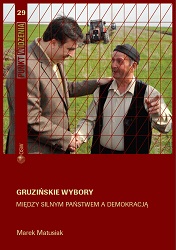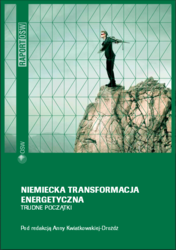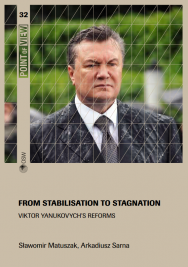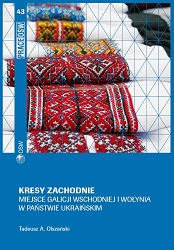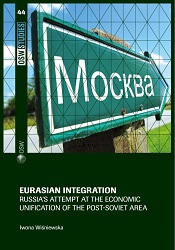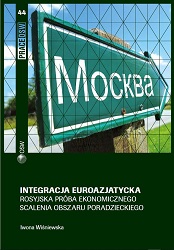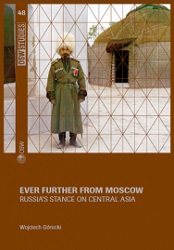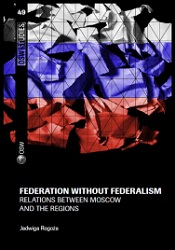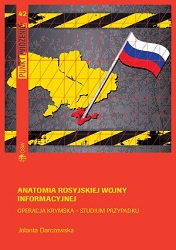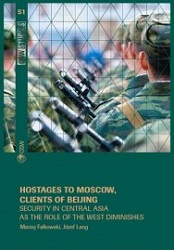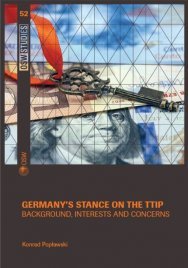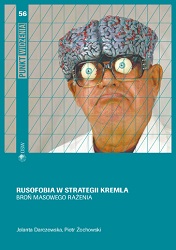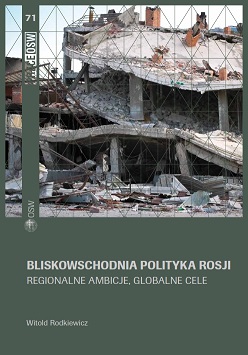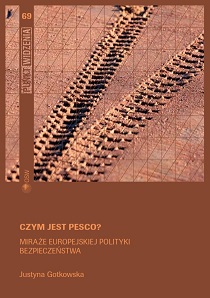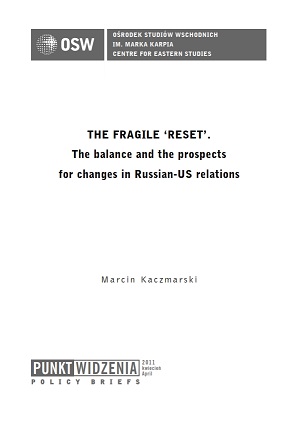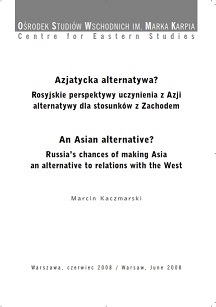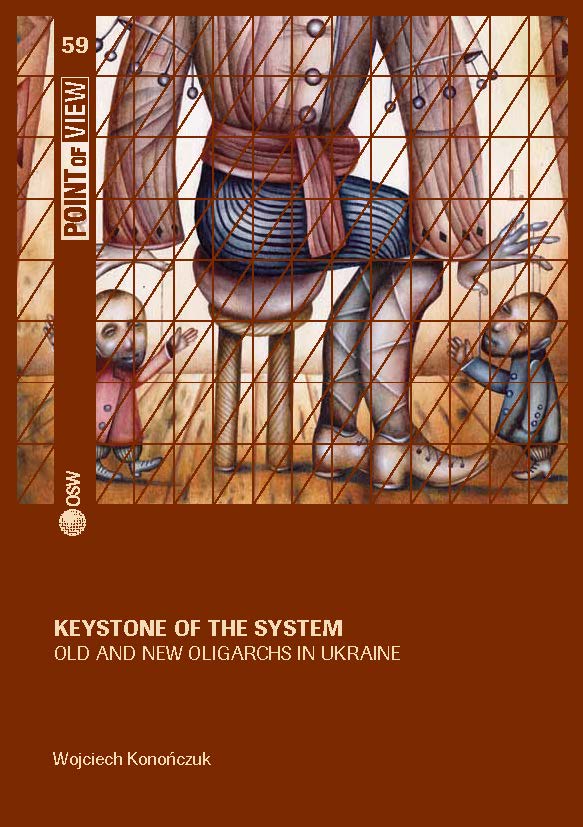
Keystone of the system. Old and new oligarchs in Ukraine
More than two years after the Maidan revolution, it is fully justified to say that the oligarchic system remains a key mechanism in Ukraine’s political and economic life. While it is true that the influence of the formerly most powerful oligarchic groups has eroded during this period, no such group except for the Family, i.e. the oligarchic circle centred around former President Yanukovych, has been eliminated. The oligarchs have been able to hold on to their influence thanks to the weakness of the government in Kyiv and the fact that they still possess powerful instruments to defend their positions, including dominance of the media and some strategic sectors of the economy. The main cause behind the persistence of the oligarchic system has been the decision taken by sections of the post-Maidan elite to enter into informal alliances with the oligarchs. At the same time, new political-business groups have started to emerge around the Ukrainian leadership, which can also be termed ‘oligarchic’. The oligarchs remains one of the crucial obstacles impeding the modernisation of Ukraine. Undermining their influence will depend on whether the present-day façade institutions can be replaced with institutions that are robust and independent, which is the most important objective of the reforms.
More...
